Mouth Full Of Fire
$32.99
Series Preface
Author’s Preface
Abbreviations
Introduction: An Exercise In Theological Interpretation
Biblical Theology Or Theological Interpretation?
Reading Jeremiah As A Theological Book
Can Biblical Studies Admit Theological Readings And Remain Intact?
Can Theology Made From Retold Narrative Still Be Called Theology?
From Theology To Doctrine
1. Word And Words In Jeremiah
The Suitability Of Jeremiah As A Source For Word Theology
The Distinctive Shape Of Jeremiah’s Word Theology
First Elements Of A Word Theology
2. Structuring Jeremiah As A Narrative About The Word Of God
Establishing The Structure Of Jeremiah
A Narrative About The Word Of God
Concluding Reflections
3. Word And Speaker
The Word Of God Is The Speech Of God
The Shape Of Jeremianic Discourse
Jeremiah In His Times
Jeremiah’s Call And Commissioning
The Voice Of God In Jeremiah 2:1–6:30
The Voice Of The Prophet In Jeremiah 14–15
Concluding Reflections
4. Word And Hearers
The Covenant Preaching Of Jeremiah And The Prophets
Jeremiah Against The Prophets
The Hearers’ Dilemma: Jeremiah Or Hananiah?
‘The People’ In Jeremiah’s Preaching
Concluding Reflections
5. Word And Power
The Power Of The Word Of God To Transform
Overcoming The Failure Of The Word: Jeremiah 30–31
Judgment Realized, Hope Deferred: Jeremiah 35–44
New Life Out Of Death: Jeremiah 50–51
How Does The Word Of God Exert Its Power?
6. Word And Permanence
Writing In Deuteronomy
Jeremiah And Writing Jeremiah 36
Two Modern Challenges To The ‘Jeremiah 36 Paradigm’ Of Enscripturation
From Oral To Written: Recovering A ‘prophetic Paradigm Of Inspiration’
Concluding Reflections
7. From The Book Of Jeremiah To The Doctrine Of The Word Of God
Words And Spirit In Jeremiah
The Word, The Words And Jesus Christ: Jeremiah In Conversation With Karl Barth
Theologies Of The Words And Word Of God
Jeremiah’s Doctrine Of The Word Of God
People Of The Word
Bibliography Index Of Modern Authors
Index Of Scripture References
Additional Info
I am putting my words as a fire in your mouth; these people are tender and it will consume them. (Jeremiah 5:14) In the book of Jeremiah, the vocabulary of “word” and “words” is not only uniquely prevalent, but formulae marking divine speech also play an unprecedented role in giving the book’s final form its narrative and theological shape. Indeed, “the word of the Lord” is arguably the main character, and a theology that is both distinctive and powerful can be seen to emerge from the unfolding narrative. In this stimulating study, Andrew Shead examines Jeremiah’s use of word language; the prophet’s formation as an embodiment of the word of God; his covenant preaching and the crisis it precipitates concerning the recognition of true prophecy; and, in the “oracles of hope,” how the power of the word of God is finally made manifest. Shead then brings this reading of Jeremiah to bear on some issues in contemporary theology, including the problem of divine agency and the doctrine of Scripture, and concludes by engaging Jeremiah’s doctrine of the Word of God in conversation with Karl Barth. The prophet’s major contribution emerges from his careful differentiation of “word” and “words.”
in stock within 3-5 days of online purchase
SKU (ISBN): 9780830826308
ISBN10: 0830826300
Andrew Shead
Binding: Trade Paper
Published: October 2012
New Studies In Biblical Theology # 29
Publisher: InterVarsity Press
Print On Demand Product
Related products
-
Rabbit Has A Party
$9.99Join Rabbit and Mouse and all their woodland friends as they learn an important lesson about forgiveness. Perfect for Easter baskets, birthdays, or for any day of the year!
It’s springtime and Rabbit wants to have a party for all the friends. Mouse is a ‘not so helpful’ helper who gets into trouble because of an appetite for cupcakes. Join them and ll their woodland friends as they learn an important lesson about forgiveness.
Add to cart2 in stock
-
Surprised By Hope
$15.99For years Christians have been asking, “If you died tonight, do you know where you would go?” It turns out Christians have been giving the wrong answer. It is not heaven.
One of today’s premier Bible scholars and award-winning author N.T. Wright outlines the present confusion about a Christian’s future hope and shows how it is deeply intertwined with how we live today. Wright shows that Christianity’s most distinctive idea is bodily resurrection. First, he provides a magisterial defense of a literal resurrection of Jesus himself. This became the cornerstone for the Christian community’s hope in the bodily resurrection of all people at the end of the age. Next Wright explores our expectation of “new heavens and new earth,” showing what happens to the dead until then and what will happen with the “second coming” of Jesus. For many, including many Christians, all this will come as a great surprise.
Wright convincingly argues that what we believe about life after death directly affects what we believe about life before death. For if God intends to renew the whole creation – and if this has already begun in Jesus’s resurrection – the church cannot stop at “saving souls” but must anticipate the eventual renewal by working for God’s kingdom in the wider world, bringing healing and hope in the present life.
Lively and accessible, this book will surprise and excite all who are interested in the meaning of life, not only after death but, before it.
Add to cart2 in stock
-
Book Of Common Prayer 1979 Gift Edition
$29.99This gift edition of The Book of Common Prayer by Oxford University Press features a durable imitation leather cover, stained page edges, a ribbon marker, presentation page, and baptismal, confirmation and marriage certificates. It also includes the Revised Common Lectionary.
Add to cart2 in stock (additional units can be purchased)

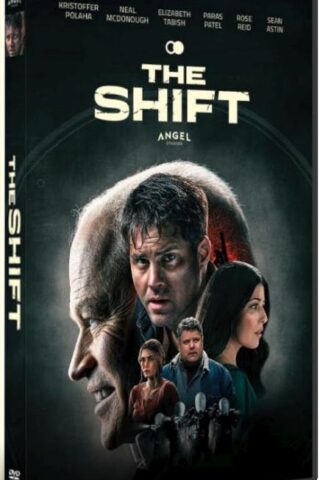
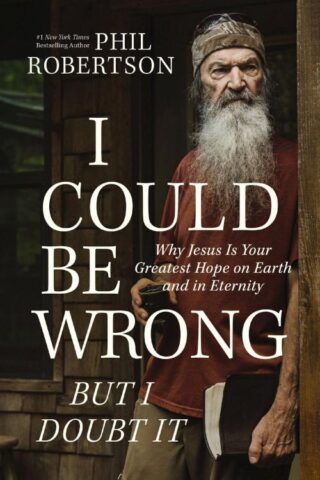
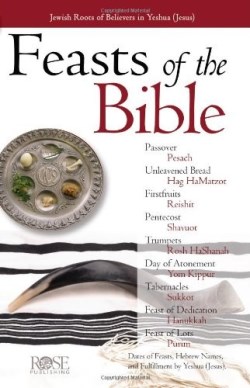
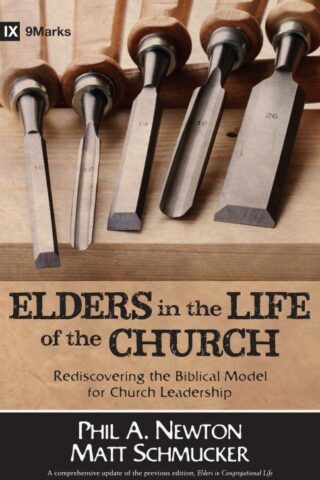

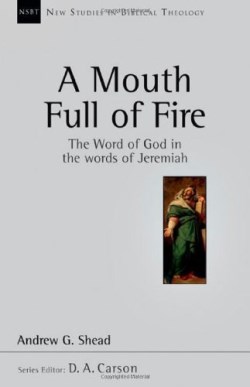
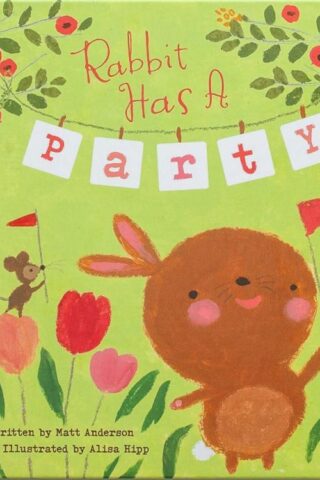
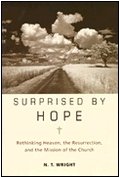
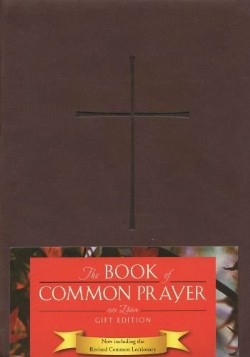
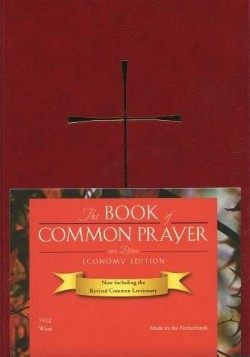

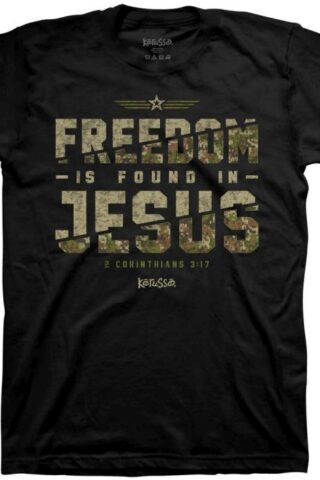
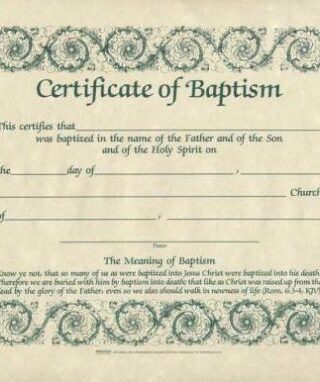
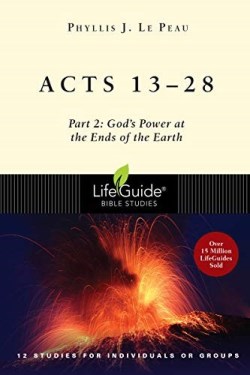
Reviews
There are no reviews yet.